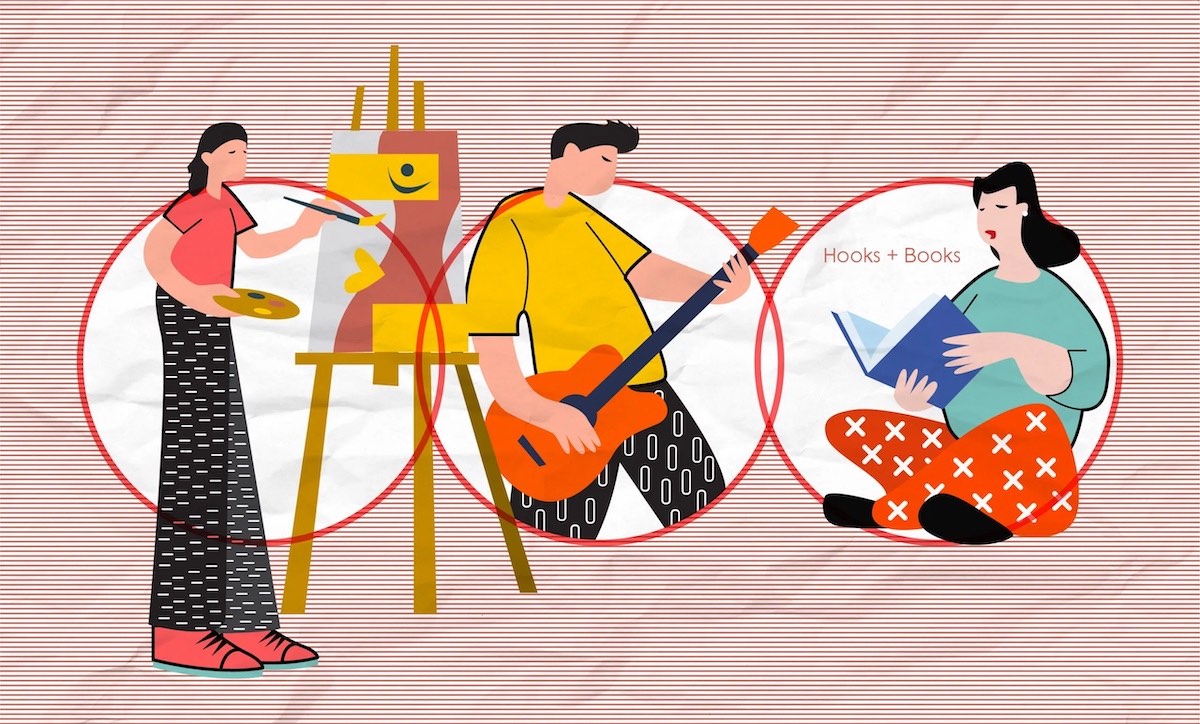Activism from the comfort of home

In many ways, my generation is the first to be born and raised in the digital age. Unlike millennials who experienced the rise of the internet together with cable TV and landline phones, we are the first to live fully in the era of smartphones and social media. This fundamental difference has seeped its way into many aspects of how we experience life. Most notably, how we converse and send feedback in our political landscape.
When I was in high school, the 2022 presidential election results were a hot-button topic for me and my peers. Almost everyone I knew was in a lousy mood. It didn’t help, of course, that the pandemic was still ongoing and our college applications were looming over us. Nevertheless, there was a big boom in social media posts from my classmates following the election. They were crying, taking a stand, asking for a recount. Despite the pandemic restricting us to our homes, we were, essentially, protesting like our own parents years before.
Fast forward two years later, and the pandemic has died down, powers have shifted, and political activism remains ever-present. My father can attest to this, as he was a protester in the first Edsa revolution. Today, he argues with Marcos supporters in Facebook comment sections. Though channels of communication and news rotation have changed over the years, political discourse is still here, and it remains a cornerstone of a functioning society.
And yet, there is an ever-so-thin line between my father now and the man he was in 1986. I look at my father arguing with strangers online and see a stark contrast between my generation and his.
Social media has translated and transformed political engagement. The most liked and shared posts on X, formerly Twitter, have become rallying cries. What used to be gathering crowds on the street are now digital echo chambers. The plea of a fellow protester is now backed by dozens of faceless strangers. They are functionally the same, but as technology continues to evolve, so does political discourse.
While face-to-face rallies, protests, and old media still exist, they are no longer the norm. For better and for worse, social media has taken center stage as the primary medium in which people are empowered. Social media gives dissidents a platform. Minority groups can finally speak up, as the anonymity provides a protective barrier between them and the direct consequences of their political acts. Free speech has never been so, well, free.
This begs the question: What exactly did we lose with the advent of social media? True, it led to a rise of constant, commodified misinformation. And yes, it allowed corrupt officials to exploit and weaponize people’s lack of education. However, I’d argue these problems were already present and only exacerbated by social media.
To answer this question, we must go back to my father.
As he told me stories of his time at the Edsa revolution, I realized the reason it worked was because it was a real, tangible display of solidarity. In the same way that people need dramatic examples to shake them out of apathy, government entities need reminders of the raw, unyielding power of the general populace.
This is something the protective bubble of social media simply cannot accomplish. From inside our homes and in the comfort of our beds, we can still enact change, but it is a fleeting, short-term change that powerful entities can ignore, corrupt, and destroy. In the incessant, break-neck pace of media cycles, political statements, though trending for a while, are often buried and forgotten before the algorithm moves on to the next thing that demands our attention.
It is this cycle, combined with the constant overflow of information, that causes the average Filipino to scroll past tragedies and real avenues for change. Why care about this one specific issue when there are several hundred, if not thousand, other issues to think about? It is not a lack of opportunity for change but how my generation refuses to take it. We are stuck in a loop of political passivity that keeps us dissatisfied enough to voice out concerns, but not to the point that we would act on them.
There are plenty of valid reasons for this inaction, of course. For many people, speaking out to oppose the status quo is already a risk. However, as I look back on the 2022 elections and my feelings of powerlessness at that time, I understand that it is not social media itself that incites lasting change, but what the people do in response to it.
—————-
John Kobe Balod, 20, studies creative writing at the University of Santo Tomas.

















